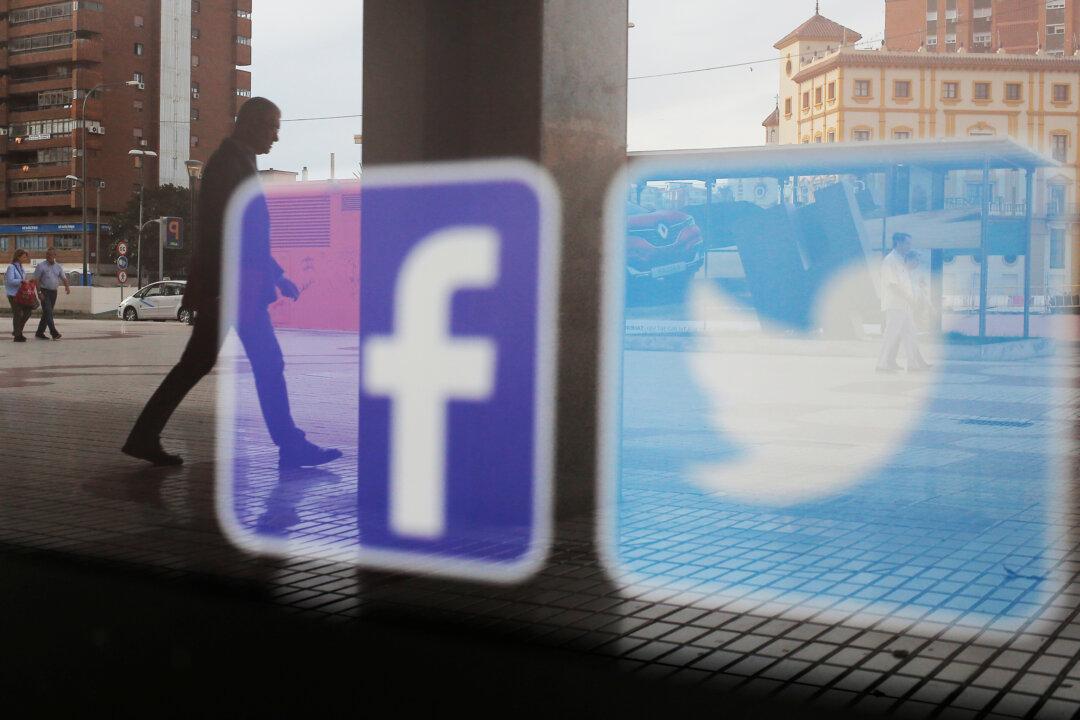Facebook and Twitter removed posts from President Donald Trump late Wednesday, citing COVID-19 misinformation.
The post from the president showed a video excerpt from an interview he conducted with Fox News, in which he said that children are “almost immune” to COVID-19, the disease caused by the CCP (Chinese Communist Party) virus. Facebook was first to remove the post, followed later by Twitter.




